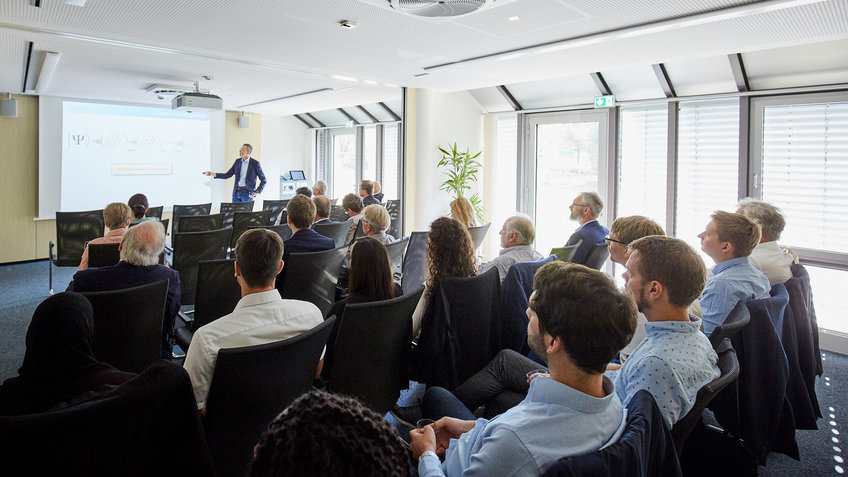Atomic Bose-Einstein condensates (BECs) are highly controllable isolated quantum systems with long coherence times, and offer applications in metrology and quantum information processing. We experimentally prepare two-component Rubidium-87 BECs, consisting of a few hundred atoms, on an atom-chip. Using state-selective potentials to tune the collisional interactions (one-axis twisting dynamics), we prepare many-particle non-classical states. After a time-of-flight expansion, high-resolution images allows us to access sub-regions of the atomic density distribution of various shapes and measure the spin correlations between them.
[more]

